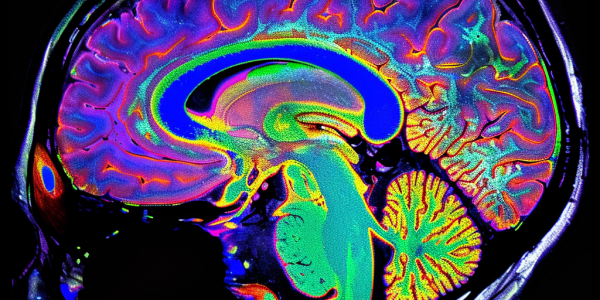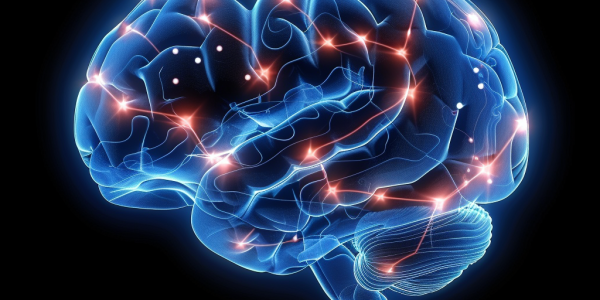Study Reveals How Human Brain Reacts to Emotional Visual Stimuli
A recent study published in Nature Communications explores how the occipital-temporal cortex in the human brain responds to emotional visual stimuli. Researchers found that this region co-represents semantic and affective features of images, influencing behavioral responses. Understanding these neural processes could have important implications for psychology, neuroscience, and cognitive science.
Emotion Dysregulation as Neuropsychological Pathway to ADHD Revealed in Study
A recent study reveals a significant association between emotion dysregulation and ADHD symptoms, indicating an emotional pathway contributing to ADHD. This pathway was linked to immune responses and enhanced the accuracy of classifying cases and controls in a clinical sample. Understanding the emotional components of ADHD is crucial for developing more effective treatment strategies.
Study Reveals Emotional Processing Dynamics in Treatment-Resistant Depression Patients
A recent study reveals that individuals with treatment-resistant depression (TRD) exhibit heightened sensitivity to negative stimuli and reduced responsiveness to positive ones. Researchers utilized stereotactic electroencephalography (sEEG) to investigate emotional processing in the amygdala and prefrontal cortex of TRD patients, uncovering significant differences. The findings suggest that correcting these neural discrepancies through deep brain stimulation (DBS) could lead to more effective interventions for TRD. This study, published in Nature Mental Health, sheds light on the emotion-processing bias in depression and the potential for DBS to modify neural responses to emotional stimuli.
Study Reveals Brain’s Regulation of Emotions
Researchers at Dartmouth have uncovered the intricate mechanisms behind how the brain regulates emotions, offering new insight into mental health treatments. The study shows the role of specific brain regions in emotion regulation and the influence of neurotransmitters like dopamine, serotonin, and cannabin.
Fear’s Influence on Decision-Making Differs for Men and Women, Study Finds
Recent research suggests that fear may have a different impact on decision-making for women and men when it comes to choosing between short-term and long-term rewards. A study conducted by researchers from the University of Padua, Italy, found that women in a state of fear were more likely to opt for immediate, smaller rewards over larger delayed ones, while men’s decisions appeared to be unaffected by their emotional state. The study, published in the open-access journal PLOS ONE, delved into the complexities of decision-making, particularly in the context of weighing short-term gains against long-term benefits or costs.
Inside Out 2: Pixar Announces Sequel to Hit Animated Film
Inside Out 2, the highly anticipated sequel to the beloved Pixar animated film, is set to explore the complex world of emotions as Riley enters her teenage years. The original film was celebrated for its sensitive portrayal of mental health and the challenges of adolescence, and the sequel promises to delve even deeper into these themes, resonating with both younger and older audiences.
Study Reveals How Exposure to Music Influences Brain’s Interpretation of Rhythm
Discover the latest neuroscience news on how exposure to different types of music affects the brain’s interpretation of rhythm. A study involving participants from 15 countries reveals the brain’s bias toward simple integer ratios and how this preference varies across cultures. Published in Nature Human Behaviour, the research sheds light on the evolution of the brain’s error-correction system and its impact on music perception.
Finding Solace in Somatic Therapy: A Story of Coping with Emotions
Discover the power of somatic therapy as a way to process and release overwhelming emotions. Follow one woman’s journey as she turns to the hotel pool to find solace and cope with the news of her sister’s illness through physical movement and exercise.








